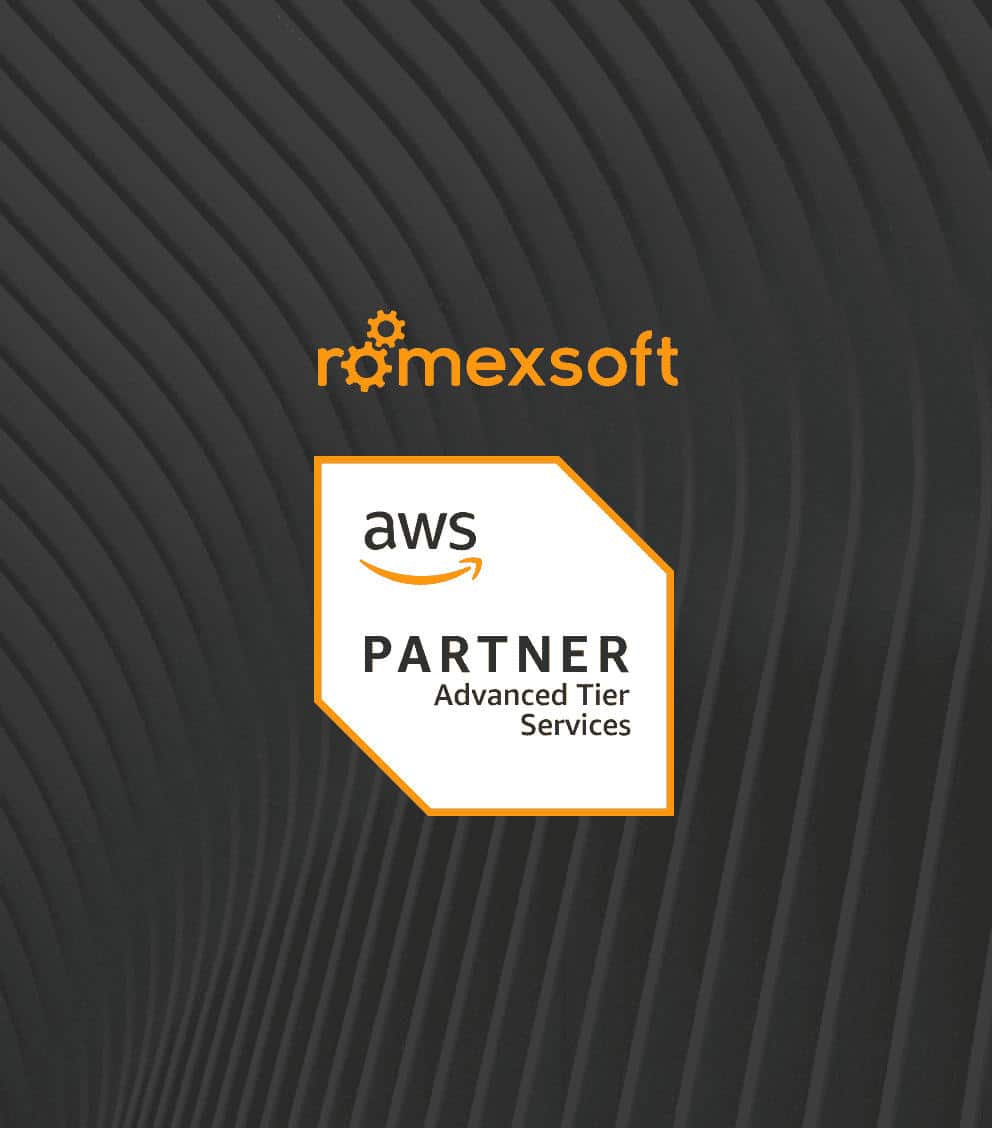Romexsoft Blog
Stay updated with our expert blog, where we share the latest insights on software development, emerging tech trends, industry tendencies, and best practices from our personal experience.
We also provide deep dives into AWS services, offering practical cases, useful tips, and well-thought-out strategies to help you navigate the Amazon cloud.

Given the complexity of balancing business objectives with technological demands, we have created this guide to help you choose and implement the optimal multi tenant architecture for SaaS applications using Java, Spring Boot, and AWS.
By the end of this article, you will understand how to select the optimal approach for your business requirements and how Romexsoft’s expertise can help you achieve your SaaS goals.
In particular, we will cover:
- What multi-tenancy in cloud computing is
- What the benefits and disadvantages of each multi tenant architecture are
- How to implement different types of architectures using Java, Spring Boot, and AWS
- How businesses can understand which type is the most suitable for their needs

Unlock the secrets to effective Mobile Automation Testing. In this article, you’ll find out:
- Key challenges in mobile application automation and how to overcome them
- How to select the right tools and frameworks for your project
- Best practices for designing robust and scalable mobile automation frameworks
- The importance of Continuous Integration in mobile automation
- Strategies for optimizing test execution and environment management
- How leveraging analytics can refine your mobile automation strategies

Unlock the world of automation testing with our in-depth comparative analysis of popular tools. Explore their features, strengths, and weaknesses to make informed decisions for efficient and reliable testing in your software development lifecycle. n this article, we’ll delve into
- Automation Testing Landscape: Explores the evolution and indispensability of automation testing tools in software development.
- Types of Tools: Understand the different kinds of automation testing tools like Selenium, Appium, and JUnit and their specific functionalities.
- Role in SDLC: Unveils how these tools are integrated throughout the Software Development Lifecycle, including DevOps pipelines.
- Tool Selection Insight: Provides a comparative analysis to help you choose the right tool for your project needs.

Want to elevate your software quality but don’t know where to start? The secret lies in your automation testing framework. Don’t worry, in this article you will:
- Unearth the multi-dimensional role of automation testing in modern DevOps
- Understand the collaborative ecosystem involving developers, QA engineers, and stakeholders
- Realize the make-or-break impact of a well-designed framework
- Get a roadmap for constructing a framework that’s efficient and scalable

- Automation QA is a continuous process in the DevOps lifecycle, not just a phase.
- The synergy between Automation QA and DevOps amplifies the effectiveness of software delivery.
- Automated tests offer speed, consistency, and reusability, contributing to faster development cycles and higher product quality.
- Effective implementation requires careful planning, from choosing the right test cases to setting clear objectives and key results (OKRs).
- Continuous methodologies like Continuous Integration and Continuous Testing streamline the development process and reduce time-to-market.
- Infrastructure as Code (IaC) enhances the scalability and replicability of your testing environments.
- Monitoring and feedback loops are crucial for continuous improvement and making data-driven decisions.
- Overcoming integration challenges involves tool compatibility, process alignment, and bridging skillset gaps.

Test maintenance is crucial for the long-term effectiveness of automated testing, involving regular updates and refinements to keep scripts aligned with evolving software. This process not only enhances test reliability but also reduces downtime, making it a vital aspect of successful automation.
- Selecting the right tools and technologies is key to efficient maintenance.
- Real-world case studies provide practical insights into successful test maintenance strategies.
- Staying informed about future trends, like AI and predictive maintenance, is essential for optimizing test maintenance.

Exploring the intricate world of API automation testing, this article uncovers its essential role in modern software development. It emphasizes how API testing, through advanced techniques and tools, ensures robust and seamless software interactions. These insights are crucial as they reflect the evolving dynamics of software integration and the importance of maintaining high-quality standards. The journey through this topic reveals:
- The strategic necessity of API automation testing in ensuring software reliability.
- The utilization of sophisticated methods for enhanced testing accuracy.
- Lessons from practical implementations, highlighting successes and challenges.
- Future prospects, including AI integration and security emphasis, driving API testing evolution.

Dive into the critical role of ethical integrity within the dynamic realm of automation testing in our latest article. Discover how ethical considerations shape the reliability and trustworthiness of QA processes, influencing software quality at every level.
- Understanding Ethical Integrity: The significance of honesty, transparency, and responsibility in QA processes.
- Navigating Ethical Dilemmas: Tackling challenges like data privacy, the balance between accuracy and efficiency, and the ethics of reporting errors.
- Strategies for Ethical Testing: Methods to uphold high ethical standards, including adhering to ethics codes and promoting transparency.
- Impact on Software Quality: How ethical practices influence software functionality, performance, security, and user satisfaction.
- Role of QA Engineers: Exploring the crucial role of QA engineers in fostering and maintaining ethical practices in testing.
- Real-World Case Studies: Insights from actual scenarios that highlight the consequences of ethical decisions in automation testing.

In the realm of contemporary software development, the significance of automation testing cannot be overstated. Join us in a nuanced exploration where we dissect the fundamental principles of automation testing and underscore its pivotal role in the realm of quality assurance.
As we embark on this journey, we not only dissect the fundamental principles of automation testing but also confront the persistent challenges it aims to resolve. From minimizing human errors to expediting testing cycles, this exploration not only unveils the fundamentals but also sheds light on why automation testing has emerged as an indispensable force, offering solutions to the intricate challenges inherent in modern software development.




